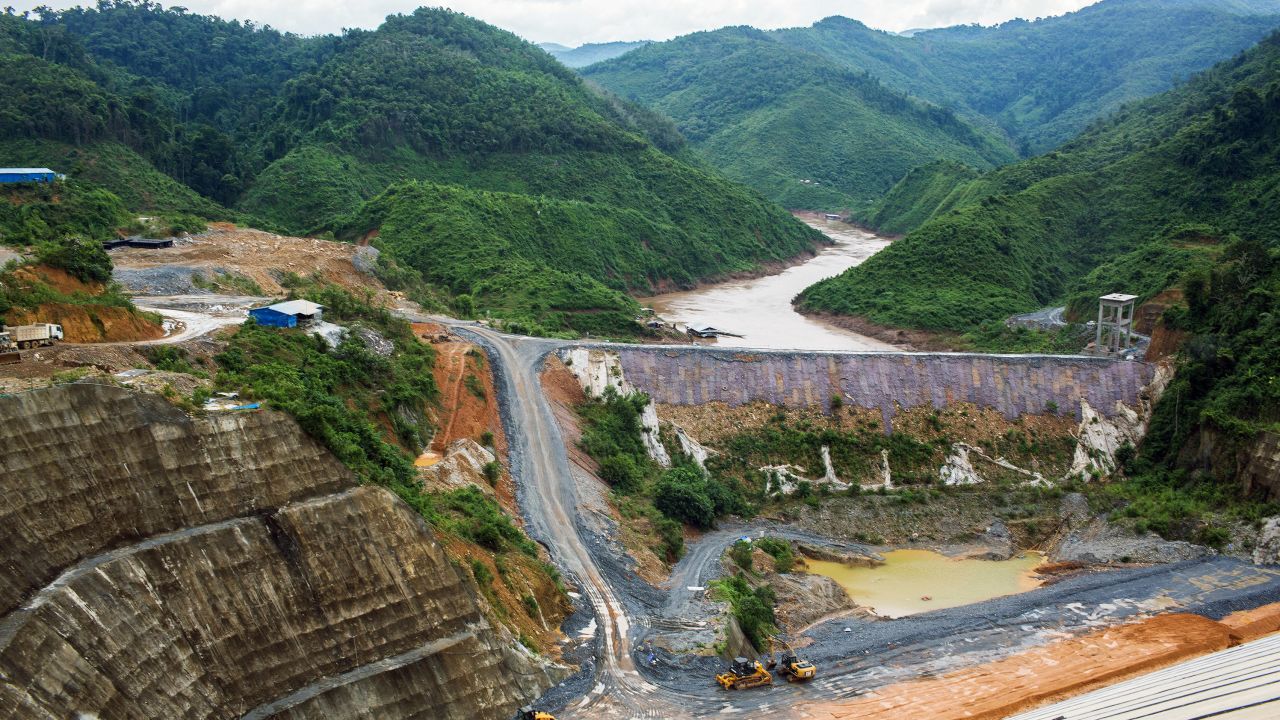Laos moved into the cryptocurrency arena after announcing Wednesday a new policy authorizing crypto mining and trading, according to Financial Times reporter John Reed. The Southeast Asian country plans to utilize its hydropower surplus to supply the massive amount of energy required for crypto mining.
The policy defies a warning put out by the country’s central bank against companies, financial institutions and individuals alike from using cryptocurrencies just a month ago.
Laos has long been invested in hydroelectricity as a resource to escape its $14b debt. There are 16 hydropower plants using dams to synthesize electricity in a country with a population of 7m people. There is little internal demand for hydroelectricity so it is sold to neighboring countries like Vietnam, Cambodia and China. Thailand soaks up a majority of it, with most of it going to the capital Bangkok and the surrounding area.
Bitcoin Surge
Bitcoin has been on a surge for the last 12 months. It has quadrupled in price in that time frame and has peaked as high as $60,000 earlier this year. Developed nations have continued to either steer away from it or aim to regulate the currency. China has come down on crypto markets by shutting down mining operations. India plans to propose legislation banning it and punishing miners and traders. United States Securities and Exchange Commission Chairman Gary Gensler said Tuesday that his office was working hard to protect investors through better regulations in the digital currency space.
Using the hydropower surplus gives Laos the possibility to label the move as carbon friendly. El Salvador recently shifted to a similar policy, in which the Central American country announced it would use volcanoes to power crypto mining.
Legal Concerns
There are concerns by outsiders on Laos’s move and the individuals who will be involved in the digital asset business.
The Golden Triangle, made up by the borders of Thailand, Laos and Myanmar at the confluence of the Ruak and Mekong rivers, is known for a variety of illicit crimes. Activities range from money laundering, human trafficking, child prostitution, drug trafficking and wildlife trafficking. It is worried criminal entities will look to profit off the new, yet to be regulated trade.
Southeast Asia specialist Professor Zachary Abuza of the National War College in Washington expressed his apprehension about the policy.
“You should always be concerned when countries with poor regulatory records start to get involved in things like cryptocurrency,” said Abuza. “To say that the Laotian financial system is immature would be a brutal understatement, and we have to be concerned if they are rushing into this.”
The story is still developing.
Listen to The Backstage Daily for all your entertainment news in 7 minutes or less! New episodes with celebrity guests every weekday.



